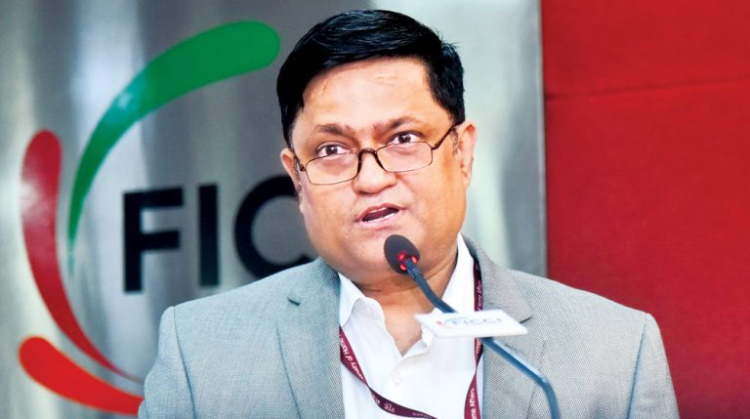The Supreme Court panel constituted to study and assess the plans for conservation and protection of the endangered Great Indian Bustard (GIB) bird population will be on a two -day visit to Jaisalmer from July 1. The panel has to file its report before the apex court on or before July 31, 2024.
The panel constitutes of joint secretary of new and renewable energy Lalit Bohra, director wildlife Institute of India; wildlife and forest conservation experts – Hari Shankar Singh, Niranjan Kumar Vasu, B. Majumdar, and Devesh Ghadvi and joint secretary of environment ministry.
The committee will be accompanied by chief wildlife wardens of Rajasthan and Gujarat along with top officials of state owned power companies, who will discuss plans for GIB conservation.
The large-winged birds are on the brink of extinction, with one of the causes being frequent collision with high-powered power cables running adjacent to its core habitats in Gujarat and Rajasthan.
The objective of the panel would be to determine the scope, extent and feasibility of underground and overhead electric lines in areas identified as priority spots for the birds in Rajasthan and Gujarat.
The committee will explore alternatives to balance sustainable development goals and conservation of the birds.
Son of soil Lalit Bohra in the panel
The panel has Lalit Bohra, who is serving as joint secretary in the ministry of new and renewable energy. Bohra has recently been appointed as nominee director of Power Grid Corporation of India.

A 1998-batch Indian Railway Traffic Service officer, Bohra belongs to western Rajasthan where most of the renewable projects are being set up. He knows the territory better than many and would be instrumental in presenting a practical solution to conservation of Great Indian Bustard population. His interest in conservation issues may come handy while preparing the report.
As joint secretary at MNRE, he is looking after wind energy including offshore wind and transmission system including Green Energy Corridors.
Before this, he was responsible for solar energy portfolio which included PLI Scheme for solar manufacturing, rooftop solar programme, PM KUSUM Scheme, CPSU Scheme and battery storage etc. He was also Director General of National Institute of Solar Energy (NISE).
Prakash Bhandari is a veteran journalist with over 50 years of experience. He has worked with The Times of India for 30 years and contributed to leading publications as well as international news agency AFP.